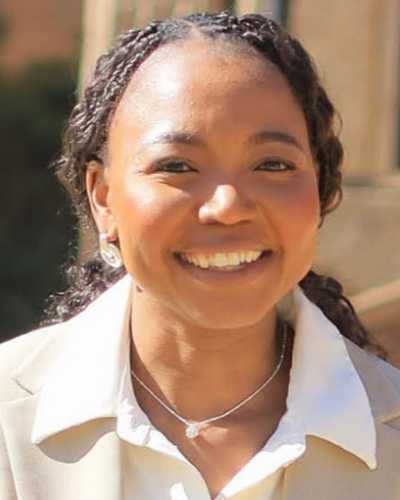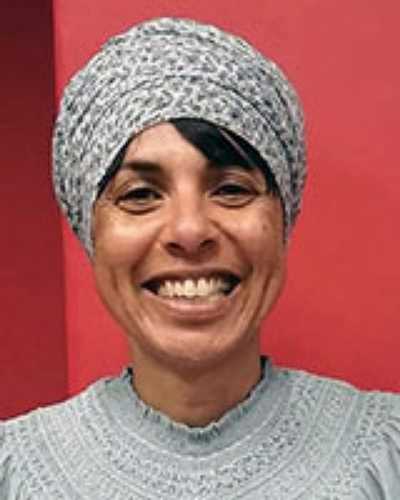Now published, see the full article 
Early Abstract:
Introduction: Informal caregivers are the backbone of recovery for persons with severe mental disorders in South Africa, particularly in rural areas where access to mental health services is limited. While their unique contribution and the subsequent burden arising from occupying the role of informal caregiver are acknowledged, there is limited evidence on the extent of the subjective and objective burdens among informal caregivers of persons with severe mental disorders in rural areas. This article reports on a study that aimed to establish the extent of subjective and objective burdens among informal caregivers of persons with severe mental disorders in rural South Africa.
Methods: A descriptive quantitative cross-sectional design was used. Data was gathered through structured interviews with 170 informal caregivers of persons with severe mental disorders attending an outpatient clinic at a rural hospital in South Africa. A structured questionnaire guided the interviews and included demographics and caregiving characteristic information. Montgomery, Gonyea and Hooyman’s scale was used to assess objective and subjective burdens. Data was analysed descriptively using STATA15.
Results: The majority of the participants were female informal caregivers (83.5%) between the ages of 45 and 64 (45.3%), and parents represented the largest proportion (45.3%) of caregivers. The global burden scores revealed that most informal caregivers reported moderate to severe objective burden and mild to moderate subjective burden. Significant associations were established between age, gender, residence and objective burden (p = 0.025, p = 0.034 and p = 0.038, respectively), and subjective burden only yielded significant associations with daily caregiving (p = 0.012).
Conclusion: Caring for persons with severe mental disorders is associated with high levels of objective and subjective burdens. The current study highlights the need to integrate the assessment of burdens among informal caregivers of persons with severe mental disorders in routine clinical practice. Additionally, the study urgently calls for the development of strategies to support informal caregivers to ensure successful community reintegration among persons with severe mental disorders.



